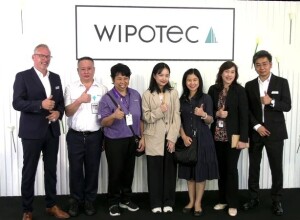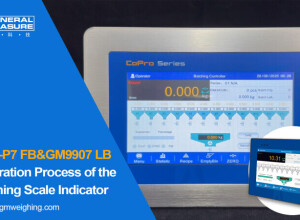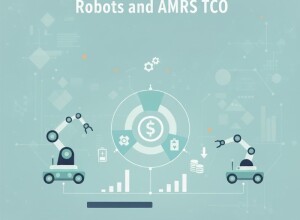Universal Robots (Denmark) - By Anders Billesø Beck, Vice President of Technology at Universal Robots
The robotics industry is on the verge of an unprecedented transformation. Over the past two years, artificial intelligence (AI) has reshaped our perception of what technology can achieve, evolving from a mere buzzword to an essential component of business operations. In 2025, the focus will shift from innovation to concrete application, with a widespread impact across various industries.
In the field of robotics, AI is pushing the boundaries of what is possible. Whereas robots were once limited to repetitive tasks in controlled environments, they can now autonomously understand and perform complex operations. This evolution is redefining the future of work and transforming multiple industries.
#1: AI Maturity
2025 will be a pivotal year for AI, marking the transition from initial excitement to practical implementation. In recent years, numerous AI startups have emerged, but this year we will witness a consolidation and integration of the most effective solutions.
AI will no longer be seen as an independent technology but rather as an embedded feature enhancing existing systems. Physical AI will also gain prominence, with the ability to understand the laws of physics and adapt to dynamic, unpredictable environments, paving the way for new real-world robotic applications.
#2: Robot Baristas and Chefs
Robots are expanding into new sectors, including the food and entertainment industries. In the United States and Asia, cobots are already being used for food preparation, ensuring consistency and efficiency. The construction sector is also adopting cobots for tasks such as wall finishing and façade installation, improving both safety and productivity.
#3: India’s Automation Surge
India is emerging as one of the leading markets for automation, driven by government initiatives and a young, tech-savvy workforce. In just one year, the country has risen from 10th to 7th place in global robot installations, reflecting significant growth in the sector.
#4: A New Approach to Safety
As cobots and humans interact more frequently in less-controlled environments, a new safety model will be necessary. Real-time sensors and advanced algorithms will enable cobots to detect and react instantly to human movements, ensuring safety without compromising efficiency.
#5: Standardized Turnkey Solutions
The adoption of standardized and pre-configured solutions will accelerate cobot implementation, particularly for small and medium-sized enterprises. By the end of 2025, it is expected that more than one-third of cobots will be part of these accessible and scalable solutions.
Shaping the Future of Automation
The evolution of robotics in 2025 will be marked by significant technological advancements, addressing global challenges such as labor shortages and supply chain resilience. The increasing accessibility of automation will allow businesses across all sectors to benefit from these innovations, creating a future that is safer, more efficient, and highly collaborative.









































Interested? Submit your enquiry using the form below:
Only available for registered users. Sign In to your account or register here.